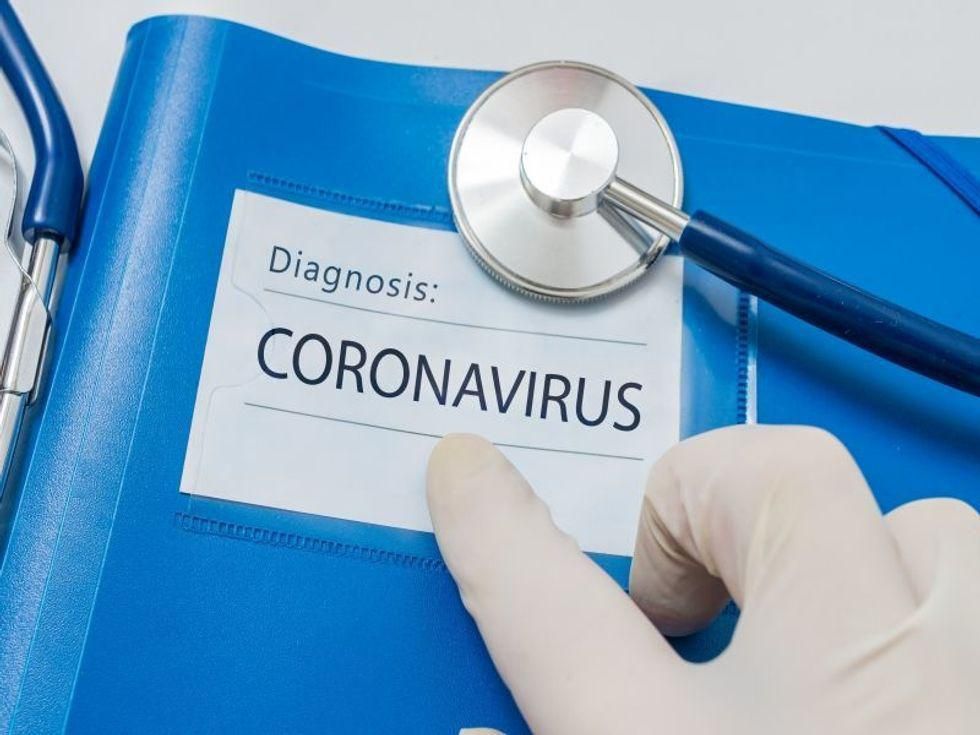
College students often put on weight during their freshman year, and a lack of structured exercise may be largely to blame, a new study suggests. Weight gain is so common among first-year college students that it has spawned the phrase “the freshman 15” — though that figure is something of a myth. More often, studies… read on > read on >






























